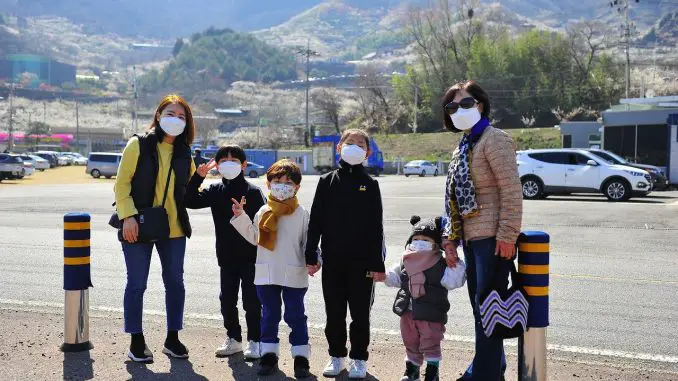
To know for sure if you have been infected with Coronavirus can be difficult. The symptoms are similar to the common flu and can also be mistaken for a severe cold. But a routine test can provide answers.
The coronavirus, or Covid-19 as it is actually called, infects via direct contact with infected people and through so-called drip infection, ie coughing, and sneezing.
The incubation period is 2-14 days. The symptoms are respiratory problems, fever, and cough.
There is no cure
How long the virus can survive outside the body is unknown. So far, no warnings to handle, for example, packages or import goods from infected areas have been issued. However, it is certain that the virus dies of disinfectant.
There is no drug that can cure the disease. Those affected most severely receive treatment that supports lung function and function of other affected organs.
No vaccine to protect
There is no vaccine yet to protect against Covid-19.
The virus mortality is currently estimated at 1-2 percent. Elderly, young children and people with other diseases are more likely to die of the virus than others. The greatest risk is for those with cardiovascular disease. But even among diabetics and lung patients, mortality is higher.
Mouthguards do not protect against infection. But it can make those who are infected with the coronavirus less contagious for their surroundings.
How to avoid getting infected:
- Wash your hands frequently and use hand spirit. Good hand hygiene is especially important when handling food.
- Avoid touching your face or eyes.
- Avoid close contact with sick people.
- How to avoid infecting others:
- Cough and sneeze in the arm fold or in a handkerchief.
- Stay home when you are sick.
Leave a Reply